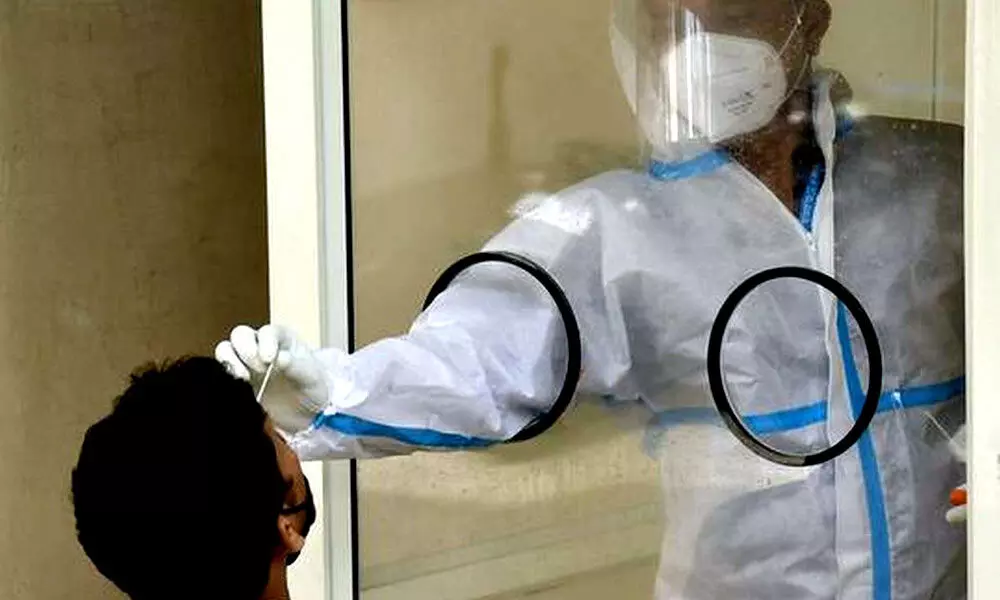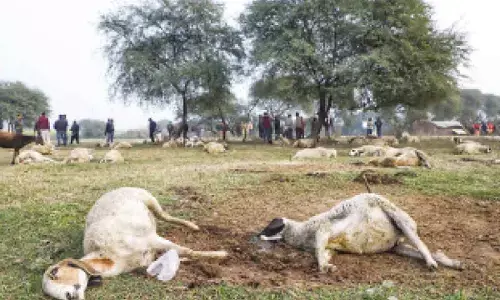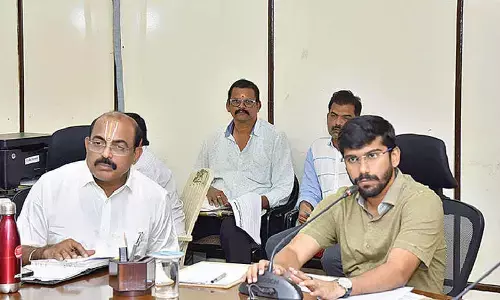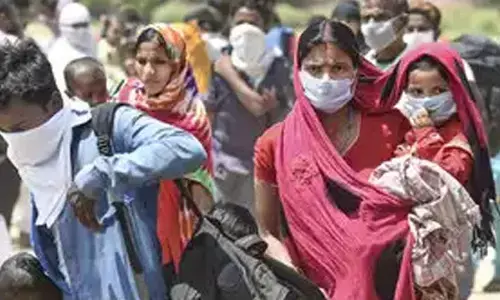Delta Variant was discovered in 725 Samples From Karnataka, 525 Of Which Were From Bengaluru

Delta Variant was discovered in 725 Samples From Karnataka, 525 Of Which Were From Bengaluru
- On Friday, genomic sequencing of Covid-19 positive analysis showed that 208 of them had the Delta variation (B.1.617.2).
- In total, 725 samples were processed for the Delta variation, with the bulk (525) coming from Bengaluru, followed by 77 from Vijayapura, and 40 from Udupi.
On Friday, genomic sequencing of Covid-19 positive analysis showed that 208 of them had the Delta variation (B.1.617.2). This variation was found in 200 samples on Thursday.
In total, 725 samples were processed for the Delta variation, with the bulk of 525 coming from Bengaluru, followed by 77 from Vijayapura, and 40 from Udupi. Nimhans and the National Centre for Biological Sciences, both in Bengaluru, are participating in the genetic sequencing of samples.
The two labs have analyzed about 3,000 samples, with Nimhans handling over 1,000 of them. In May and June, the Delta form was the most common SARSCoV2 variation circulating in Karnataka.
The samples, though, are about a month old, according to health department sources, and findings are expected soon. Covid positive individuals would have cured or even been released from hospital by the time this data is delivered to districts.
According to BBMP chief health officer Dr BK Vijendra, they double-check genomic sequencing data to guarantee that contact tracing is done correctly. Patients would have recovered in the vast majority of cases.
The Delta variant was discovered in samples acquired during normal monitoring in the first half of June in the last two days. Following two weeks, the delay was resolved using Miseq Illumina, which sequenced 384 samples.
Whereas some experts claim that genomic sequencing data is of no immediate help in increasing surveillance, Dr V Ravi, virologist, state nodal officer, and chairman of the Committee for Covid-19 Whole Genome Sequencing (WGS), claims that there is no delay and that genomic sequencing of samples takes no more than 15 days.
During genomic sequencing, those swab samples with such a Cycle Threshold (Ct value) of less than 25 qualify. In an RT-PCR test, the Ct value represents the number of cycles required to amplify viral RNA to predict the level.
Dr Ravi explains that it takes roughly 10-15 days to sequence a genome. Collecting a sample today and receiving results the next day is not done elsewhere in the world, and expecting it is ridiculous. They have to wait for 384 samples before we can start processing them. He went on to say that genome sequencing is merely a technique for detecting the appearance of novel variations and that it cannot be used to influence public health policy. The only way to stop the transmission is to wear a mask, keep a safe distance from others, and get vaccinated.
Dr Ravi stated that in each month, two batches of genomic sequencing are performed. By the end of each month, samples obtained during the first 15 days have yielded results. Through the middle of next month, samples gathered in the second half will have yielded results. He mentioned that usually samples require 3-4 days to deliver, sequencing takes 10 days, and data analysis takes one or two days.














